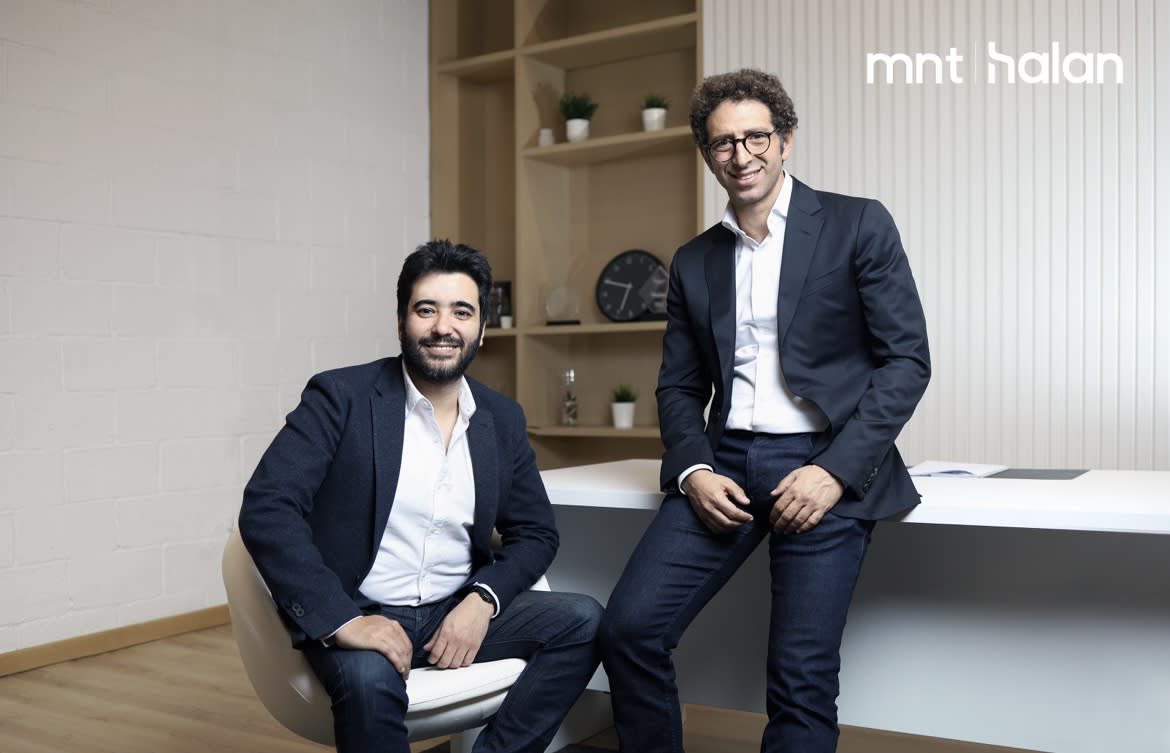Egypt's MNT-Halan banks $157.5M, gobbles up a fintech in Turkey to expand

MNT-Halan, a fintech unicorn out of Egypt, is on a consolidation march. The microfinance and payments startup has raised $157.5 million in funding and is using the money in part to fund the acquisition of another fintech, Tam Finans, to expand into Turkey.
Tam Finans provides financing to micro-enterprises and SMEs. It currently operates 39 branches in 26 cities across Turkey and claims to hold a 40% market share in the country. The combined entity resulting from this deal will have a loan book of “slightly less than $1 billion,” according to the CEO of MNT-Halan, Mounir Nakhla.
Exact financial terms of the deal were not disclosed, but one component of the deal was in shares: Actera, one of Turkey's largest private equity firms, and the London-based European Bank for Reconstruction and Development (EBRD) jointly own Tam Finans MNT-Halan, and both will become shareholders in MNT-Halan.
This latest funding comes about 19 months after MNT-Halan raised $400 million in equity and debt, which valued the company at $1 billion after one of the backers, Chimera Investments, acquired a 20% stake for $200 million.
MNT-Halan is not disclosing its exact valuation with this latest round except to note that it is now over $1 billion. Tam Finans had raised over $30 million since its inception, primarily through debt, according to PitchBook.
https://techcrunch.com/2023/01/31/egyptian-financial-services-provider-mnt-halan-gets-1b-valuation-after-securing-400m
Nakhla -- who co-founded the company with CTO Ahmed Mohsen -- said an interview with TechCrunch that his company began discussions with Tam Finans about 18 months ago. The Egyptian fintech saw it as a counterpart for expanding its existing business, “a great entry into the Turkish market.”
“Turkey is a country just two hours away from Egypt with a GDP that’s in the range of a trillion dollars and a big population," he added. "We see a huge opportunity to capitalize on the various products we've built in Egypt." That includes, he said, its core banking system product Neuron; its backend system; its app development and other services. "We intend to leverage Tam Finans' size, distribution networks, management expertise and financial potential to have a strong foothold and significant presence in Turkey.”
Alongside upselling existing customers, there are also opportunities to bring on entirely new ones. More than 30% of Turkey's population remains unbanked, and that has spelled opportunity for many fintech hopefuls. Since the economic crisis in 2018, a number of fintechs like Tam Finans have sprung up to offer financing to unbanked segments in Turkey, operating in credit scoring, credit consolidation, and alternative lending domains.
Tam Finans speciality is "invoice factoring," a form of alternative financing aimed at micro, small, and medium enterprises (MSMEs), where Tam Finans buys up businesses' outstanding invoices in exchange for upfront cash. The company has developed a credit scoring system that allows it to digitally approve and disburse loans to over 20,000 active businesses. Altogether, it has a loan portfolio of about $300 million.
MNT-Halan itself recently obtained a factoring license and plans to venture into that space in Q4 2024 to complement its current small and micro-business lending business.
So far, MNT-Halan claims to have disbursed over $4.5 billion in loans and served more than 7 million customers in Egypt (5 million financial clients and 3 million borrowers), an increase from the $2 billion in loans disbursed to 5 million customers last January. At the time, MNT-Halan, which self-describes as Egypt’s largest lender to the unbanked, said businesses access $1,000 worth of loans on average while paying a 25% annual interest.
Lending is MNT-Halan’s primary business and main revenue generator, but it has a range of other products, too, including consumer finance, prepaid cards, e-wallets, savings, payments, e-commerce, FMCG delivery (via an acquisition) and mobile POS payments -- all of which feed into the bigger lending operation.
This April, it launched a super app to bring all these services under one roof. Nakhla is most enthusiastic about the growth of the prepaid card product, which accesses consumer finance limits on the app and allows users to shop with flexible payment options.
“Nubank is an inspiration," he said. "We've got about 1.8 million app users on a quarterly basis and the card is the next big thing.”
MNT-Halan claims to have issued over 130,000 cards since its launch four months ago and is currently issuing between 1,000 and 2,500 cards daily, according to Nakhla.
The fintech claimed to have made over $300 million in revenue in 2022, and while it's not disclosing more current numbers, revenues have grown 35% year-over-year since then and is projecting the same growth (in dollar terms this year) despite the steep devaluation of the Egyptian pound. “Our 2024 forecast is that we expect the combined entities to reach between $500-600 million in revenues," said Nakhla.
MNT-Halan’s acquisition of Tam Finans follows its expansion into Pakistan in March, where it acquired a microfinance bank, and it is “exploring other big moves," according to Nakhla.
This growth investment raised from existing investors including DPI (Development Partners International), Lorax Capital Partners, funds managed by Apis Partners LLP, Lunate, and GB Corp, will facilitate these moves. The investment also includes $40 million from the IFC, money the World Bank subsidiary disclosed it was investing in the company last January. With this round, MNT-Halan has raised over $630 million in equity and debt.

